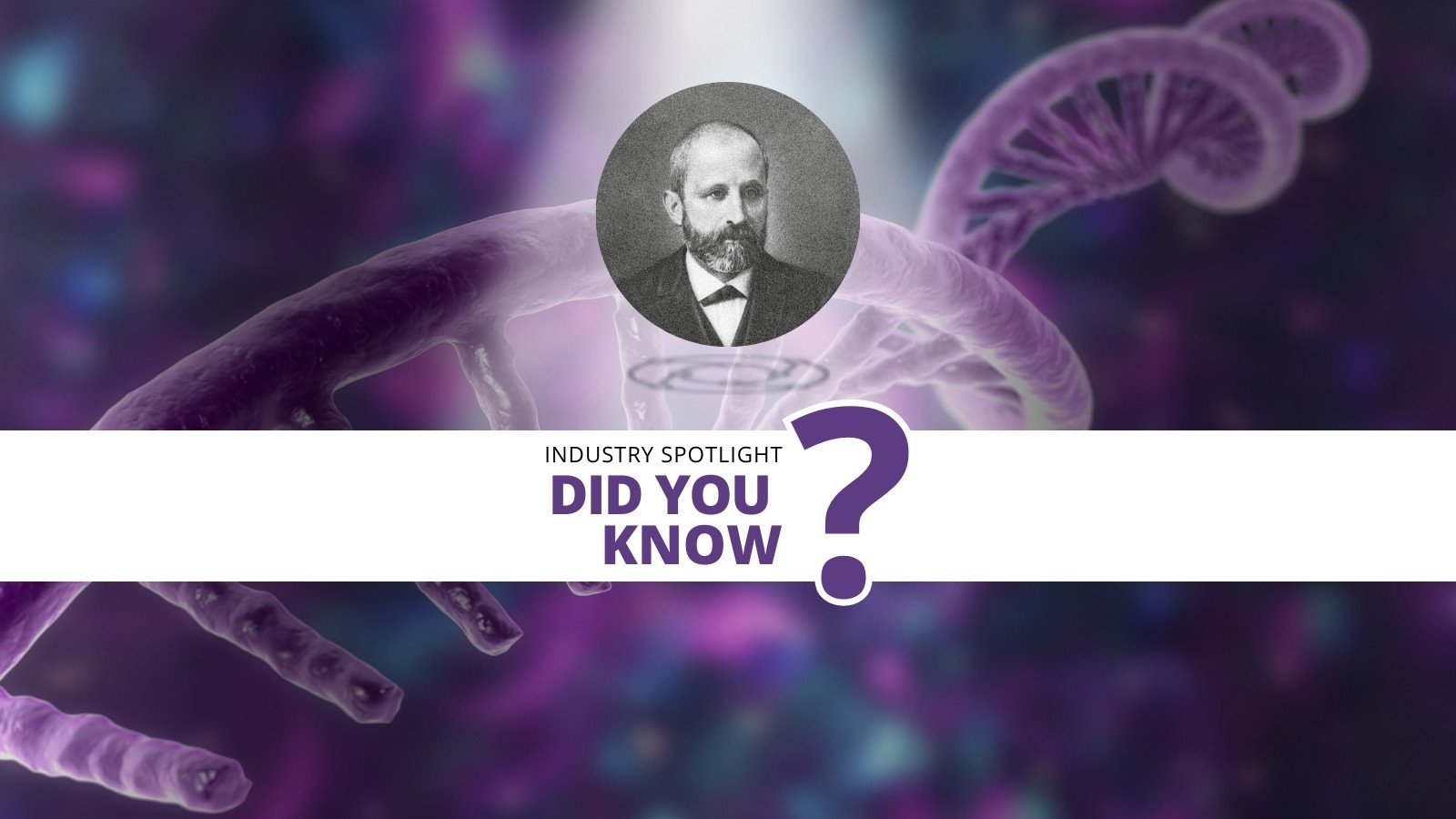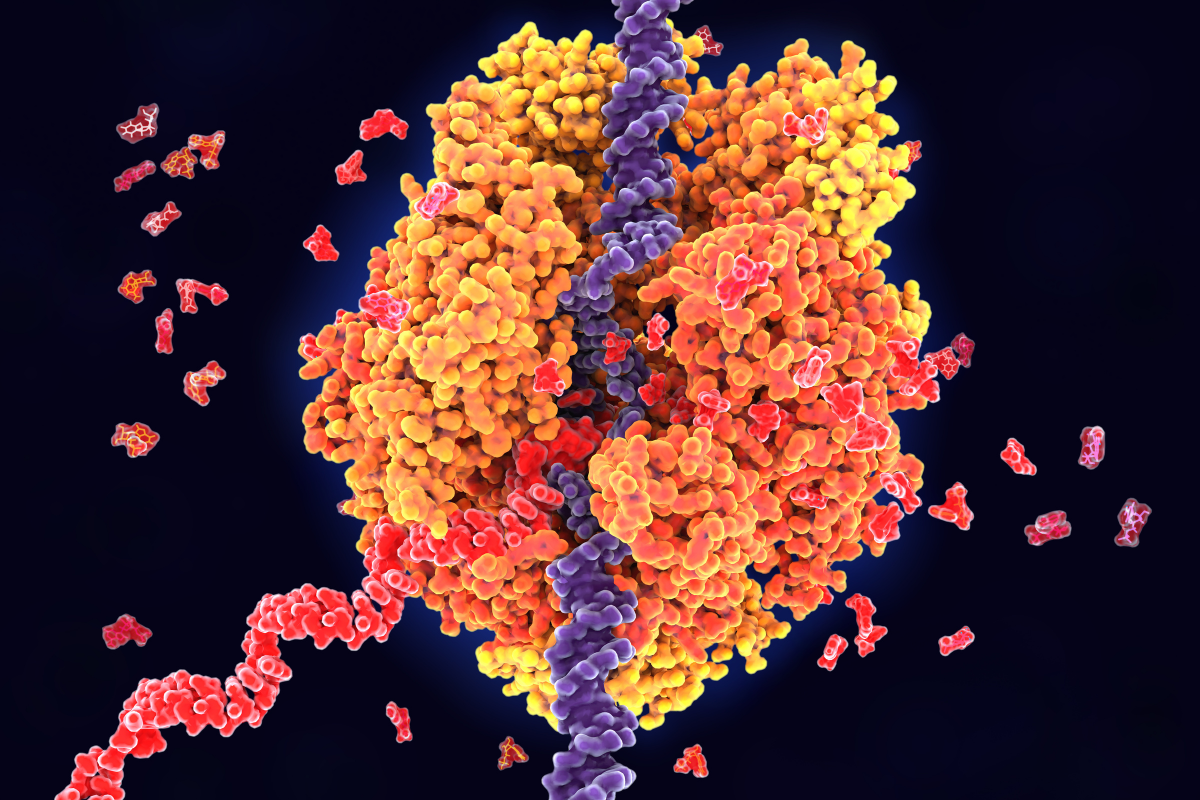Friedrich Miescher: The Pioneer of Nucleic Acid Discovery

In the annals of scientific history, the name Friedrich Miescher stands tall as a pioneer whose groundbreaking work paved the way for our understanding of the fundamental building blocks of life – nucleic acids.
Miescher's fascination with the human body and its composition drove him to study medicine at the University of Basel. However, his curiosity soon veered towards the chemistry of living cells. In 1869, while working as an assistant to renowned physiologist Felix Hoppe-Seyler in Tübingen, Germany, Miescher embarked on his most significant scientific endeavour.
- The Growing Potential for Antisense Oligonucleotide Therapy
- Targeted Delivery with FORCE: Novel Approaches in Oligo Therapeutics
- Transforming Oligonucleotide Manufacturing: A Transformative UK Collaboration
At the young age of 23, Friedrich Miescher made his breakthrough. He extracted an unknown substance from the nuclei of white blood cells obtained from discarded surgical bandages. This substance was different from proteins, the primary focus of research at the time, as it contained high levels of phosphorus. Miescher named it "nuclein" and later "nucleic acid."
Despite facing scepticism from the scientific community, Miescher persevered in his studies. His meticulous research and insights into the composition of nucleic acids laid the foundation for future discoveries. However, it was not until the 20th century that his work gained widespread recognition.
In the years following Miescher's discovery, other scientists, such as Phoebus Levene and Erwin Chargaff, continued to unravel the complexities of nucleic acids. Levene identified the components of nucleotides, the building blocks of nucleic acids, and Chargaff revealed the regularity of base pairings in DNA. These findings set the stage for the pivotal breakthrough by James Watson and Francis Crick, who famously deciphered the structure of DNA in 1953.
Miescher's work not only uncovered the existence of nucleic acids but also initiated the exploration of their roles in heredity and genetic information transfer. His discovery laid the groundwork for understanding DNA's role as the carrier of genetic information and the basis of inheritance in all living organisms.
Today, the legacy of Friedrich Miescher lives on in every aspect of molecular biology and genetics. Nucleic acids are at the heart of modern research, underpinning advancements in gene editing, genetic engineering, and the development of life-saving pharmaceuticals.
Get your weekly dose of industry news and announcements here, or head over to our Biologics portal to catch up with the latest advances in targeted therapies. To learn more about our upcoming Biologics UK conference, visit our event website to download an agenda and register your interest.







